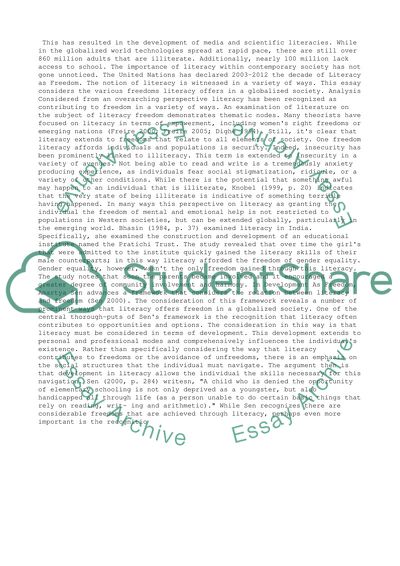Cite this document
(“Writing for Professional Practice Essay Example | Topics and Well Written Essays - 1250 words”, n.d.)
Writing for Professional Practice Essay Example | Topics and Well Written Essays - 1250 words. Retrieved from https://studentshare.org/management/1455136-writing-for-professional-practice
Writing for Professional Practice Essay Example | Topics and Well Written Essays - 1250 words. Retrieved from https://studentshare.org/management/1455136-writing-for-professional-practice
(Writing for Professional Practice Essay Example | Topics and Well Written Essays - 1250 Words)
Writing for Professional Practice Essay Example | Topics and Well Written Essays - 1250 Words. https://studentshare.org/management/1455136-writing-for-professional-practice.
Writing for Professional Practice Essay Example | Topics and Well Written Essays - 1250 Words. https://studentshare.org/management/1455136-writing-for-professional-practice.
“Writing for Professional Practice Essay Example | Topics and Well Written Essays - 1250 Words”, n.d. https://studentshare.org/management/1455136-writing-for-professional-practice.


